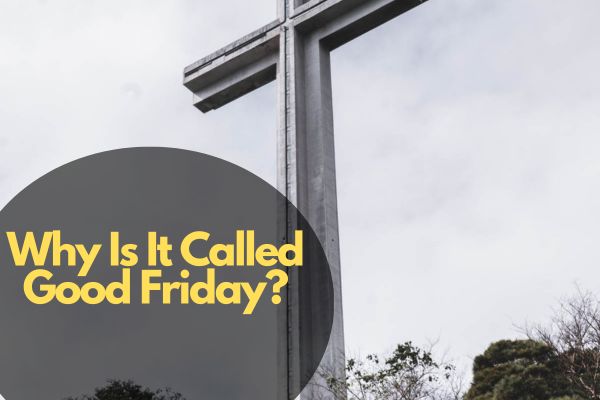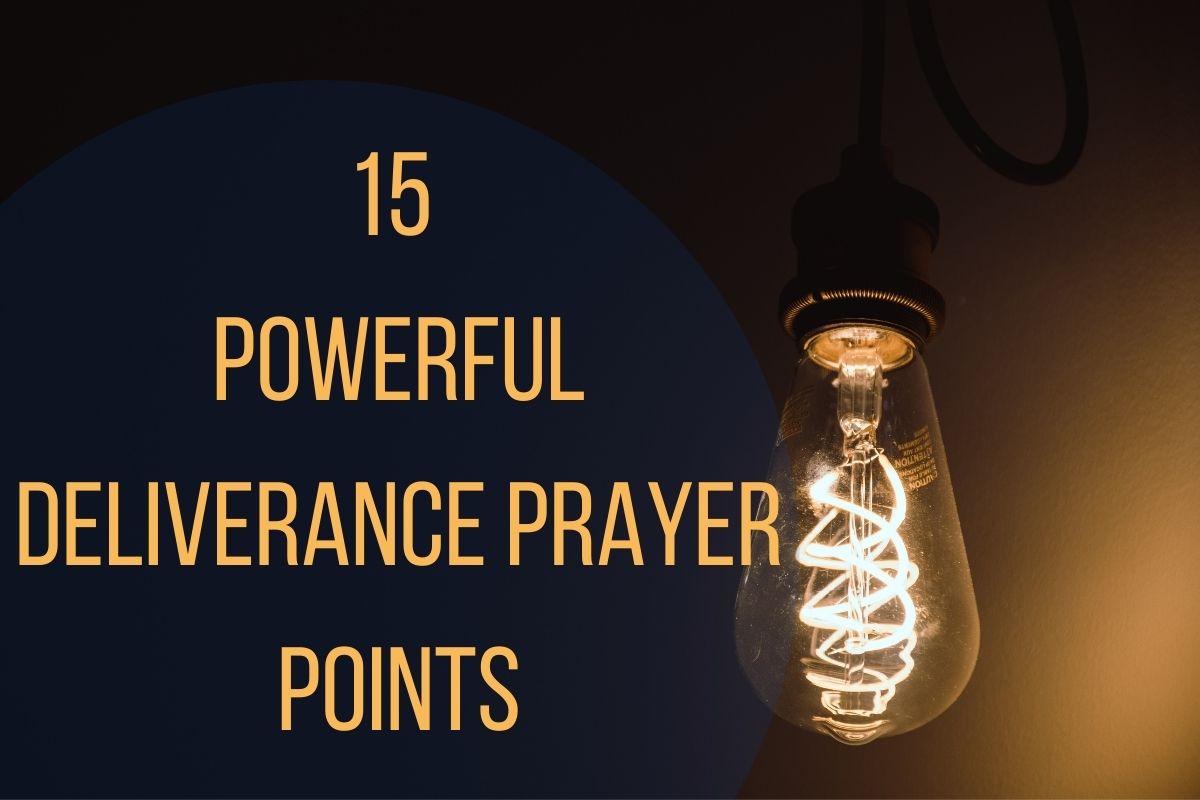“Why Is It Called Good Friday?” This question may perplex those unfamiliar with the Christian faith, as the name seems paradoxical given the somber events it commemorates. Yet, within the context of Christian tradition, Good Friday holds profound significance. In this exploration, we will unravel the origins of the name and explore deeper meaning behind this sacred day.
Why Is It Called Good Friday?
Good Friday, a significant day in the Christian calendar, is marked by the crucifixion of Jesus Christ. Despite the somber nature of the events it commemorates, the name “Good Friday” may seem paradoxical. The term likely evolved from “God’s Friday,” highlighting its importance in Christian faith. The goodness of Good Friday lies in its significance—the redemption and salvation offered through Jesus’ sacrifice. It’s a day of profound spiritual meaning, leading to Easter Sunday’s celebration of Jesus’ resurrection. Ultimately, Good Friday represents the triumph of hope and redemption over despair, making it truly “good” in the eyes of believers.
The Significance and Celebration of Easter
Easter is one of the most important and widely celebrated Christian festivals worldwide. It commemorates the resurrection of Jesus Christ from the dead, as described in the New Testament of the Bible. The significance of Easter lies in its profound message of hope, renewal, and redemption, making it a time of spiritual reflection, joyous celebration, and deep religious observance for millions of people around the globe.
Historical and Religious Significance
The roots of Easter can be traced back to the early Christian Church and its association with the Jewish festival of Passover. According to Christian belief, Jesus Christ was crucified on Good Friday and rose from the dead three days later, on Easter Sunday. His resurrection is viewed as a pivotal event in Christian theology, symbolizing victory over sin and death and offering the promise of eternal life to believers.
Easter Traditions and Customs
Easter is marked by a variety of customs and traditions that vary from region to region and culture to culture. One of the most recognizable symbols of Easter is the Easter egg, which represents new life and rebirth. Decorated eggs are exchanged as gifts and used in Easter egg hunts, a popular activity for children. Another common tradition is the Easter bunny, a symbol of fertility and abundance, who delivers Easter eggs and treats to children.
Religious Observances
For Christians, Easter is a time of spiritual renewal and worship. Churches hold special services and liturgies throughout the Easter season, culminating in Easter Sunday Mass or worship services. The Easter Vigil, held on Holy Saturday night, is one of the most solemn and significant liturgies of the Christian calendar, commemorating the resurrection of Jesus with readings, prayers, and the lighting of the Paschal candle.
Easter Foods and Feasts
Easter is also a time for feasting and sharing meals with family and friends. Traditional Easter foods vary by culture but often include lamb, ham, fish, and a variety of seasonal vegetables. In many cultures, special Easter breads and pastries are baked, such as hot cross buns, simnel cake, and Easter biscuits. These foods are often enjoyed as part of festive Easter brunches and dinners.
Easter in Modern Times
In addition to its religious significance, Easter has become a cultural and commercial holiday celebrated by people of all faiths and backgrounds. Parades, carnivals, and other public events are held in many cities and towns to mark the occasion. Easter also signals the arrival of spring in the Northern Hemisphere, with blooming flowers, warmer weather, and the promise of new beginnings.
Easter is a time of profound meaning and significance for Christians and people of faith around the world. It is a time to reflect on the sacrifice of Jesus Christ, celebrate his resurrection, and embrace the message of hope and redemption that Easter represents. Whether through religious observance, family gatherings, or cultural traditions, Easter continues to be a time of joy, renewal, and celebration for millions of people worldwide.
Conclusion
In conclusion, the name “Good Friday” encapsulates the paradoxical beauty of Christian faith—the juxtaposition of suffering and redemption, darkness and light. As we ponder the events of this solemn day, may we find solace in the knowledge that through Christ’s sacrifice, the darkness of sin was overcome by the light of salvation. Let us carry this message of hope and renewal with us as we journey through life, ever mindful of the profound love that Good Friday represents.







